#icelandic author
Quote
L’honneur est la seule chose absolument nécessaire parce que, tout bien pesé, c’est la seule chose qui élève un homme – et la seule qui vive après lui ici-bas quand lui-même est mort et disparu.
Gunnar Gunnarsson, Frères jurés
#citation#littérature islandaise#auteur islandais#quote#icelandic literature#icelandic author#gunnar gunnarsson#frères jurés#honneur#homme
37 notes
·
View notes
Text
I should stop making fun of Norse sagas and their obsession with absurd amounts of backstory but those posts are always a hit so there's no real incentive to stop 😂
#i know i know it's a family saga and the digressions about driftage rights are important to the contemporary audience etc#have you considered however that i do not care about the driftwood. because i am not a medieval icelander#sorry saga authors
24 notes
·
View notes
Text

October 12th 1929 saw the birth of Magnus Magnusson, writer, broadcaster and quiznmaster in TV programme “Mastermind”.
Aye ah know he wasn’t born in Scotland but -I’ve started so I’ll finish!
Magnus was born in Reykjavík but grew up in Edinburgh, where his father, Sigursteinn Magnússon, was the Icelandic consul. Magnus’ Icelandic name at birth was Magnús Sigursteinsson, but in Scotland his family adopted British naming conventions and from childhood he used his father’s patronymic as a surname. Living in Joppa, he was educated at the Edinburgh Academy and was in the school’s marching brass band. So to those saying he’s not Scottish, he did live almost his entire life here.
After graduating from Jesus College, Oxford, Magnusson became a reporter with the Scottish Daily Express and The Scotsman. He went freelance in 1967, then joined the British Broadcasting Corporation, presenting programmes on history and archaeology as well as appearing in news programmes.
He retained his academic connections, however, and was Lord Rector of Edinburgh University from 1975 to 1978 from 2002 served as chancellor of Glasgow Caledonian University. The Magnus Magnusson Fellowship, an intellectual group based at the Glasgow Caledonian University, was named in his honour. Magnusson’s books included I’ve Started so I’ll Finish, a memoir of his years on Mastermind, and Scotland: The Story of a Nation.
Magnus of course is most famous for the quiz show, Mastermind, it was originally broadcast late on a Sunday night and was not expected to receive a huge audience. In 1973 it was moved to a prime-time slot as an emergency replacement for a Leslie Phillips sitcom, Casanova ‘73, which had been moved to a later time following complaints about its risqué content. The quiz subsequently became one of the most-watched shows on television. Magnusson was famous for his catchphrase “I’ve started so I’ll finish,” which was also the title of his history of the show. The original series was also noted for the variety of venues where filming took place—often including academic and ecclesiastical buildings. The last programme of the original series was filmed at St Magnus Cathedral in Orkney.
To further add to Magnus’s credentials for being a Scot he married Glasgow lass Mamie Ian Baird and they had 5 children together, including Reporting Scotland presenter Sally.
On 12th October 2006, his 77th birthday, Magnusson was diagnosed with pancreatic cancer. Magnusson mordantly noted that “This has to be one of my worst birthdays ever”. His condition forced him to cancel a string of public appearances. He died on 7th January 2007.The Aigas Field Centre a nature centre near Beauly has a building named in his honour.
In 2014 an auction sold off a lot of his belongings for the Scottish based Balmore Trust, a fair trade charity which sells fairly-traded goods in its shop The Coach House and supports projects in Africa, India and the west of Scotland.
Magnus Magnusson, Icelandic by birth Scottish through choice. Anyone still not convinced of his Scottish & Proud credentials, check out this quote from the man “I have got the best of both worlds; growing up in Edinburgh and now living outside Glasgow.”
Scotland is a welcoming country and have a rich culture which comes from all round the world, with his writing and knowledge Magnus brought so much to our country
Magnus Magnusson is buried in Baldernock Churchyard, East Dunbartonshire.
14 notes
·
View notes
Text
Northern Lights in the City: When the Sky Danced Above London
Did you see the #NorthernLights at the #Weekend
#Books #Book #Writing #Writers #Reading #Readers #Novel #Author #Science #Nature #London #Weekend #Update #Booksworthreading #Bookstoread #Writerslift #Writingcommunity #Readerscommunity #Thriller #Sky
Hey there, stargazers and dream-chasers! Did you catch the celestial dance party in the sky this weekend? The Northern Lights, nature’s own light show, graced our UK skies, and let me tell you, it was a sight to behold—even with London’s neon glow trying to steal the spotlight!
Now, I know what you’re thinking: “Aren’t those headlines just a bit of sensationalism?” You know the ones, claiming…
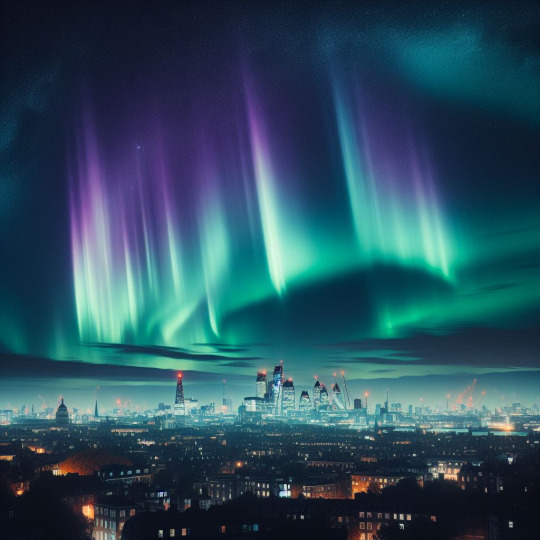
View On WordPress
#author#authors#blog#blogger#blogging#blogs#book#books#dailyprompt#display#fiction#iceland#London#nature#northerlights#novel#publishing#readers#reading#science#sky#story#update#weekend#writer#writers#writing
6 notes
·
View notes
Text
Iceland cancels commercial whaling this season on animal welfare grounds, hailed as ‘a major milestone in compassionate whale conservation’ by HSI / Europe
Minister Svavarsdóttir ends decades of senseless whale killing and begins a new chapter in Iceland’s relationship with whales
Humane Society International / Europe
20 June 2023
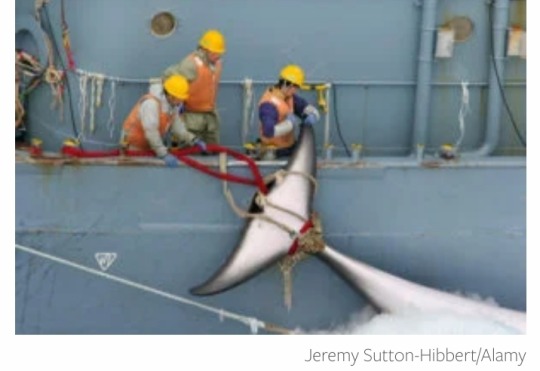
BRUSSELS ― As news breaks that Iceland has cancelled this season’s commercial whaling on animal welfare grounds, global animal protection charity Humane Society International says it is thrilled and relieved at the announcement that will spare hundreds of whales from agonising deaths.
It urges the Icelandic government to make it a permanent ban.
Food, Agriculture and Fisheries Minister Svandís Svavarsdóttir announced that Iceland’s whaling vessels will not kill any whales this season due to the conclusion that “the fishing method used when hunting large whales does not comply with the law on animal welfare.”
The suspension lasts until August 31st, which effectively cancels this season’s whale killing.
The minister’s statement continues:
“It is necessary to postpone the start of the whaling season so that there is room to investigate whether it is possible to ensure that the hunting is carried out in accordance with the provisions of the Animal Welfare Act.”
Ruud Tombrock, HSI / Europe’s executive director, said:
“This is a major milestone in compassionate whale conservation.
Humane Society International is thrilled at this news and praises Minister Svavarsdóttir for ending the senseless whale killing, which will spare hundreds of minke and imperilled fin whales from agonising and protracted deaths.
There is no humane way to kill a whale at sea and so we urge the minister to make this a permanent ban.
Whales already face so many serious threats in the oceans from pollution, climate change, entanglement in fish nets and ship strikes, that ending cruel commercial whaling is the only ethical conclusion.”
The announcement follows the Minister’s op-ed last year in which she said she saw little reason to permit whaling after 2023.
Publication last month of an independent report by the Icelandic Food and Veterinary Authority ― commissioned by the Minister ― revealed some whales killed in Icelandic hunts had taken up to two hours to die, with 41% of whales suffering immensely before dying for an average of 11.5 minutes.
Kitty Block, CEO of Humane Society International, said:
“For those of us who have been campaigning for many years to end commercial whaling, to see the day that Iceland decides to stop killing whales and retire its harpoons for good, is truly historic.
Economic factors have certainly played a significant role in the demise of this cruel industry - with little demand for whale meat at home and exports to the Japanese market dwindling - but it is the overriding moral argument against whaling that has sealed its fate.
Harpooning these magnificent giants not only causes unjustifiable suffering to those whales who are killed but also unimaginable distress to the rest of their pod who witness their family members being chased and slaughtered.
Iceland is already one of the best places in the world to go whale watching, and the country stands to attract even more ecotourists now that it has abandoned whaling forever.
The world now looks at Japan and Norway as the only two countries in the world to still mercilessly kill whales for profit.”
FAST FACTS:
The International Whaling Commission agreed to enact a global moratorium on all commercial whaling in 1986.
Iceland left the IWC in 1992 but returned in 2002 with an exception to the moratorium, despite objections from multiple nations.
Since re-joining the IWC, Iceland had killed more than 1,500 whales, including fin whales.
Iceland suspended hunting fin whales in 2016 due to a declining market for whale meat in Japan.
Hunting resumed for the 2018 season when 146 fin whales were killed, including a pregnant female and a rare fin-blue hybrid whale, plus six minke whales.
A single minke whale was killed from 2019-2021, and 148 fin whales in 2022.
Fin whales are classified by the International Union for the Conservation of Nature as globally vulnerable to extinction despite decades of recovery since the commercial whaling moratorium.
🤍🐳🤍
#International Whaling Commission#International Union for the Conservation of Nature#Humane Society International#Iceland#commercial whaling ban#animal welfare concerns#global animal protection#global animal protection charity#whales#Svandís Svavarsdóttir#animal welfare law#Animal Welfare Act#Ruud Tombrock#Icelandic Food and Veterinary Authority#Kitty Block
17 notes
·
View notes
Text
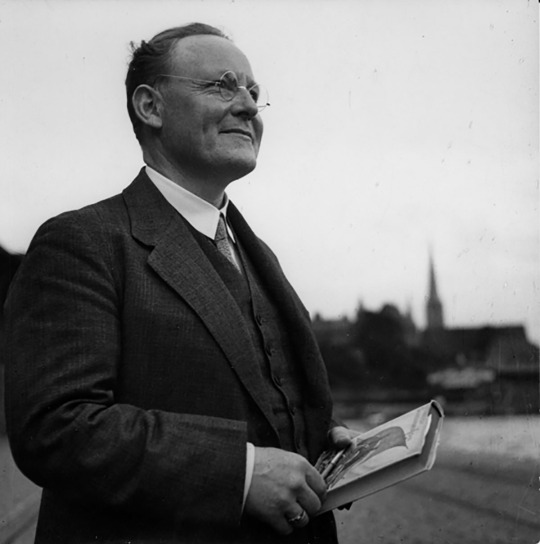
Icelandic author Gunnar Gunnarsson
#Gunnar Gunnarsson#Gunnarsson#Iceland#Icelandic#Ísland#Island#author#novelist#writer#1889#1880's#1800's#Reykjavik#Advent#1975#1900's#1970's#Valþjófsstaður#Fljótsdalur#Vopnafjörður
3 notes
·
View notes
Text
Hi Tumblr, I'm back!
Anyone miss me? 😘
I still live in Iceland and published a few stories in the meanwhile, for example, my first self-published little ebook:
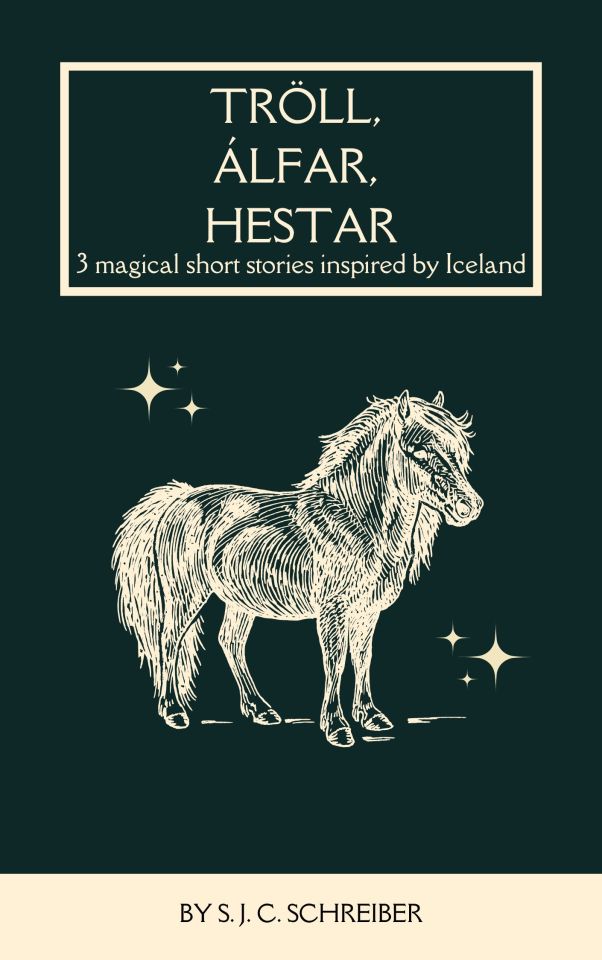
Tröll, Álfar, Hestar: 3 Magical Short Stories Inspired by Iceland
What if all the myths and legends surrounding Iceland are true? What if there is a troll under every bridge, elves hidden behind the veil, and wicked horses lurking in the water? In this adventurous, romantic, and magical collection of three short stories, fantasy collides with reality, as tourists and travelers experience a modern take on Icelandic folk tales.
📚 You can add and review it on Goodreads: https://www.goodreads.com/book/show/62227643-tr-ll-lfar-hestar
📖 And of course buy it on Amazon: https://www.amazon.com/dp/B0BCQS7G5M
It's also currently free with Kindle Unlimited!
✍️ More of my stories and other irregular author updates are on my website: https://fruitbatwoman.wordpress.com/
#short story#short stories#ebook#book#books#self published#kindleunlimited#mythology#fantasy#folktales#iceland#author#indie author#writing
39 notes
·
View notes
Text
I’m reading Vinland Saga and was completely thrown when I realized Protagonist Thorfinn is meant to be Thorfinn Karlsefni from the sagas, who I mostly remember for being the husband of the much more interesting Gudrid Thorbjarnardottir
#i truly thought thorfinn was just the author’s oc sjfktlgjdgd#I mean he still is. iirc saga!thorfinn was kind of just a guy#manga!thorfinn has one of the more dramatic backstories ever#basically the only thing they have in common is being from iceland lol#fandom musings
8 notes
·
View notes
Text
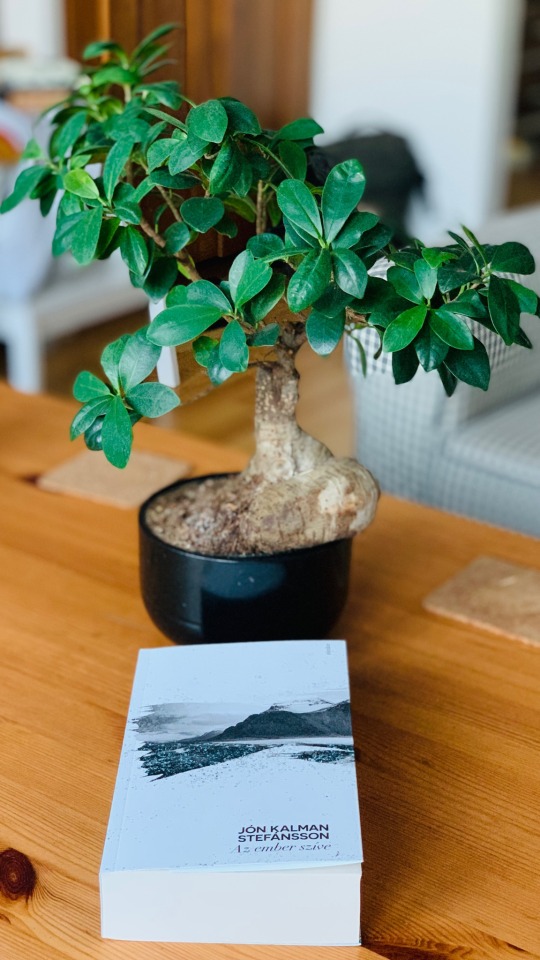
5 notes
·
View notes
Text
Yesterday I saw a dwarf named "Gøð" and while I know he wanted that to read as "God", I recently learned how both ø and ð are supposed to be pronounced, which is as "ir" (like in "bird") and a soft "th" (like in "with") respectively. So his name would actually be pronounced "Girth."
#that's how they're pronounced in Icelandic anyway#the book I'm reading (Hunger of the Gods) has some Icelandic in it and the author was kind enough to provide a pronunciation guide
2 notes
·
View notes
Text
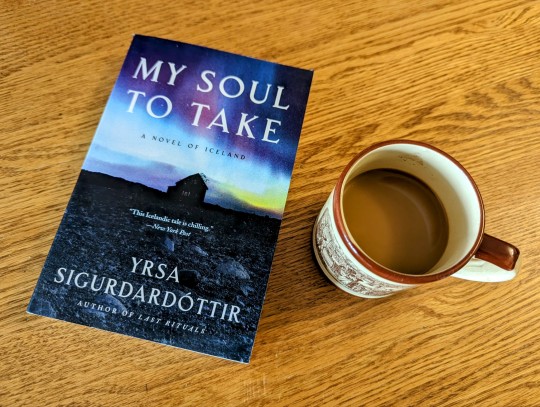
Next read! Been reading mainly SFF all year and I think I'm getting burnt out on it, so I decided to give this Icelandic crime novel a try.
#books#currently reading#books and coffee#my soul to take#yrsa sigurdardottir#bought this on a whim a while ago#probably just bc 'oh iceland! i like iceland!' and I'd vaguely heard of this author on a podcast#but hey sometimes you need something different
4 notes
·
View notes
Text
Since the 12th century, writers have been recording the history of Iceland. That literary history first took the form of sagas—rollicking, poetic accounts of Iceland’s earliest inhabitants and rulers that were composed centuries later by mostly unknown authors. Iceland’s initial independence—and the Icelandic Commonwealth that began when its Alþingi, or national legislature, was established in 930—ended in the late 13th century when it fell under Norwegian and eventually Danish rule. The stories its people composed and told each other of those early and relatively prosperous centuries were points of light in the darkness of the brutal colonial era that followed. The Little Ice Age, a catastrophic cooling of the North Atlantic region that caused crop failure, starvation and pandemics, and lasted for hundreds of years, decimated the population again and again. Resources were limited and scarce, and most families practiced subsistence farming in near solitude. “The very survival of this isolated people during the misery of the five centuries circa 1300-1800 has sometimes been attributed to the sustenance provided by their history, poetry and literature,” wrote sociologist and Iceland scholar Richard F. Tomasson in “The Literacy of the Icelanders,” a paper published in the journal Scandinavian Studies in 1975.
The sagas are particularly notable because they were written in the vernacular. “Icelanders’ dedication to writing—and reading—their own (hi)stories in their own language, even when they were an impoverished Danish colony in the hinterlands, is part of the reason the language flourishes today,” writes Larissa Kyzer, an Icelandic-to-English literary translator, in an email. Modern Icelandic is the living language closest to the Old Norse that Scandinavians spoke a thousand years ago, and an estimated 97 percent of Iceland’s population of around 370,000 people speak it as their mother tongue today.
After what scholars call Iceland’s “classical period,” or the early Middle Ages in which saga authors focused on early history and mythical tales of the Norse gods, literature began to reflect the growing influence of Christianity as well. Iceland adopted the religion by law in the year 1000. Missionaries began to teach Icelanders the Latin alphabet so they could proliferate religious texts in their own language, and the first book in Icelandic—a translation of the New Testament—was printed in 1540.
A healthy writing habit led to a culture of readers. Starting in the Middle Ages, Icelanders practiced something called the kvoldvaka (roughly, “night vigil”) in old farmsteads. During the long, dark, harsh winters, poor farmers huddled together in a single room in their turf houses to stay warm. “The kvoldvaka was the time between 6 and 10 p.m., roughly, when people would do their indoor work during the winter,” explains Alda Sigmundsdóttir, a writer and the founder of Little Books Publishing in Reykjavík. “They’d do their knitting, they’d make their tools, they’d work the wool—and during this session, there would be one person appointed to read to everyone else.”
In those evening hours, children learned to tell, recite and read stories (teaching children to read, in fact, was required by both the church and the government). As Tomasson noted in “The Literacy of the Icelanders,” by the end of the grueling 18th century—when a smallpox epidemic killed as much as a third of the population and a volcanic eruption that lasted for eight months killed another fifth of the population and most of the livestock—nearly every surviving Icelander could read.
— Iceland's Christmas Book Flood Is a Force of Nature
#lauren oster#history#languages#writing#education#literature#books#reading#children#authors#little ice age#iceland#norsemen#icelandic#old norse#alþingi#richard f. tomasson#larissa kyzer#alda sigmundsdóttir
6 notes
·
View notes
Text
I have finished part 3 (about 110 pages in), so an update on thoughts and predictions:
Callum and Nico are more interesting than originally thought. Callum is still a rich asshole, but at least he's a rich asshole in a fun and evil way and not just a boring way. It's an informed trait that Nico is rich, but he doesn't act like the stereotype at least.
I read ahead to see who dies (disappears?), and after the last few chapters it doesn't come as a surprise. I won't spoil it, but while [redacted] is certainly strong in a magical sense, they're extremely insecure, emotionally vulnerable, and easily manipulated, and I feel like that'll be their downfall. Also, gotta break up the power couple to make sure you have a cliffhanger so people read the sequel *shrug emoji*
Reina is quite fun. Did not expect everyone to underestimate her, but she clearly gives no fucks and I like that.
Parisa is still a one-note mean girl seductress, and Tristan is still a one-note social climber with bad decision-making skills and daddy issues, which is deeply annoying. Everyone else got new Hidden Depths over the past few chapters, but not them.
Also, getting tired of Parisa being an unrepentant asshole to absolutely everyone (or everyone she wouldn't fuck) constantly. Does she come with an off switch? Like, I don't mind an asshole character but when all they do is snark at people constantly and (again!) have no personality traits except Hot and Mean, it gets old real fast.
Again, this is the problem with 6 perspectives, some are just not necessary because the characters don't have character arcs. We could've done with just Libby and Nico tbh, maybe Reina, but even her perspective doesn't seem totally necessary, much as I like her. Libby and Nico are the most developed, and the most plot happens around them (like, in the battle scene they split up, and we check in with Nico and see what Libby is doing through Tristan's perspective. We never bother with Parisa and Callum though!)
Also I worried about scenes being repeated too much, but now I'm annoyed at what's being left out, especially since this author seems to like to hold what you don't know over your head instead of finding a way to give you info throughout the rest of the story. Why didn't we get to see Parisa and Callum during the fight scene? Why is she mad now? I bet we'll never know. We still don't know what this recruitment speech was about and yet it's referenced quite often...
Speaking of, what a wild fucking fight. Like, all these people are suddenly powerful and aware and highly trained enough to fend off multiple attacks, both magic and gun-based?? From like 4 different specialized agencies?? Because apparently the day these new recruits enter the building is Open Season for whoever wants to rob the library?? I get the point the author was trying to make, but. Highly unrealistic.
For the sake of not sounding like I'm only hating on this book: the writing style is fairly good. And there's more to the magic system than I thought there would be, even though it's still pretty basic AAAHHHHHH I'm sorry but. come on. "magic uses energy just like sports" is what we've got. there has to be more than that!!
So yeah, characters I like so far: Libby (...somewhat), Nico, Reina, and potentially Callum. I have basically begun skimming Tristan's segments because my god, I do not care about your father and how much he doesn't love you and how you gave up your dream of an easy life for this for apparently no reason. And Parisa is the same as always. We haven't gotten a chapter in her perspective in a while, and it's probably because she spent the whole fight scene either trying to fuck Callum or trying to decide whether to fuck Tristan again. Or scheming about how to fuck Dalton.....you get the picture. If there's more to her, we have not seen it, and since we've been in her brain, I can only assume that's because it doesn't exist.
#steph reads tas#oh also we finally found out what they're doing at the library#basically just independent study and also security detail?#but the library of Alexandria is in England now. because why not. and it hasn't been moved because it had to be protected during wwii????#the author does not seem to know england was devastated during the war but OKAY#SURE AUTHOR IT'S SAFER OUTSIDE OF LONDON THAN IN NEW YORK BECAUSE PEARL HARBOR#anyway time to make dinner#edit: re: the tags: apparently the US wanted the library moved to NY but was turned down bc Pearl Harbor#as if it was any safer just outside of london...#come on there were surely SOME countries that were fairly safe during the war!#iceland....new zealand...probably like...madagascar....#idk much about wwii but i do know london was a bad place to be!!
4 notes
·
View notes
Text
regarding the genocide song contest:
various past eurovision contestants are campaigning for the removal of israel and some national finalists are now choosing to boycott. olly alexander, who will rep the uk, condemned the palestinian genocide and was subsequently attacked by israeli media (in a blatant rule violation the ebu did nothing about)
slovenian broadcaster rtvslo is purportedly trying to negotiate the removal of israel
1000 artists from host country sweden are preparing to send an open letter to the ebu to ban israel; the swedish left wing has also called for israel to be removed immediately
iceland is officially threatening to boycott eurovision pending the removal of israel
word on the street is that if iceland does compete, it will send palestinian artist bashar murad who is openly anti-israel and has collabed with previous icelandic reps hatari, aka the guys who did this back in 2019

iceland is now leading in the odds whereas israel has been steadily dropping, suggesting that the bookies are aware israel is becoming increasingly unpopular
lastly, in a move so ridiculous i'm beginning to suspect eurovision is a figment of our collective imagination, israel is seemingly gearing up to enter eden golan, a moscow-based russian singer. while russia is still banned for terrorism.
if you're european: please contact your participating broadcaster and demand for the removal of israel, or try to contact your nation's selected artist to put pressure on the broadcaster. if you're swedish, please try contacting svt or authorities with security concerns regarding the inclusion of israel. if israel does enter eden golan, complain about her selection and ties to russia. and absolutely DO NOT vote on, watch or promote this show if israel does end up competing.
25K notes
·
View notes
Text
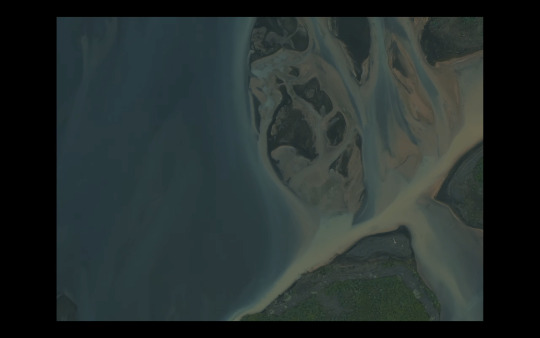
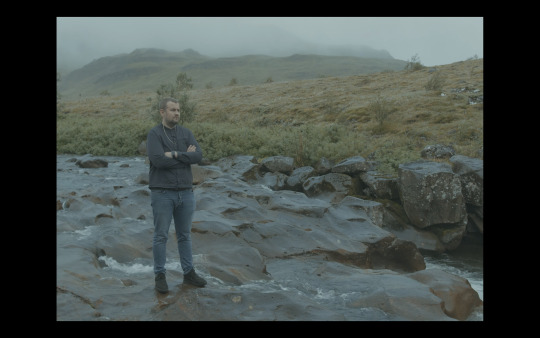
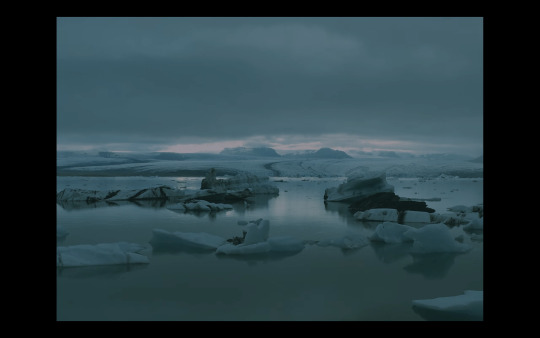
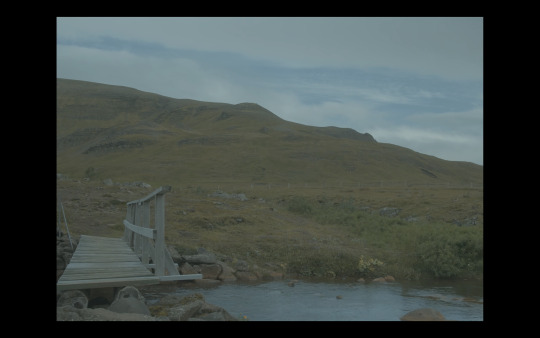
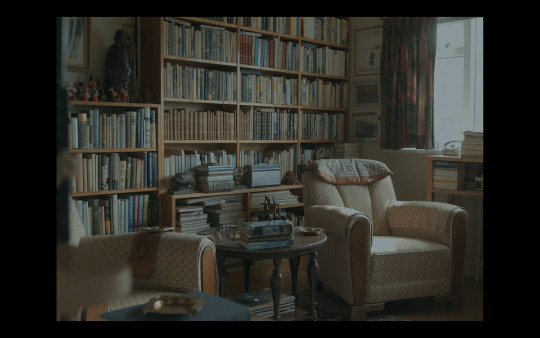
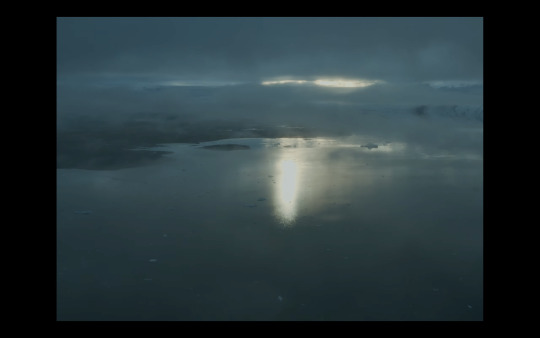
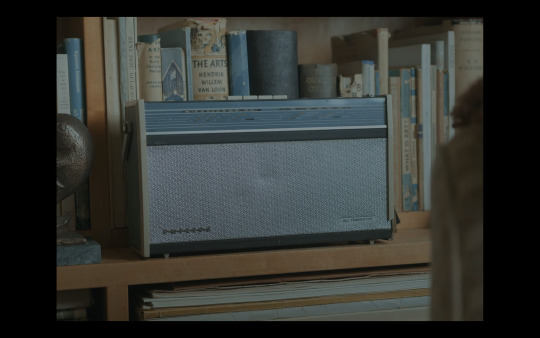
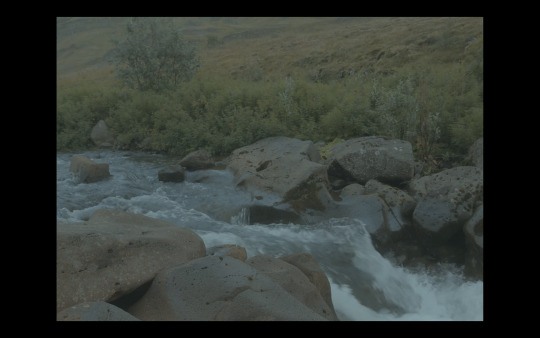
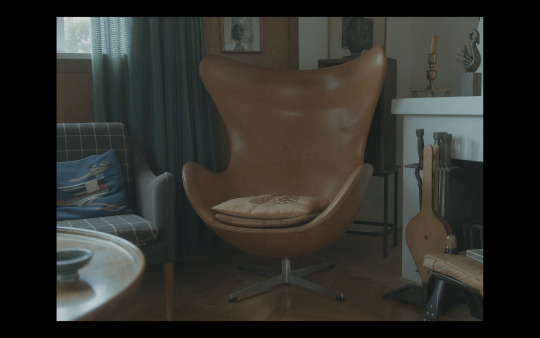
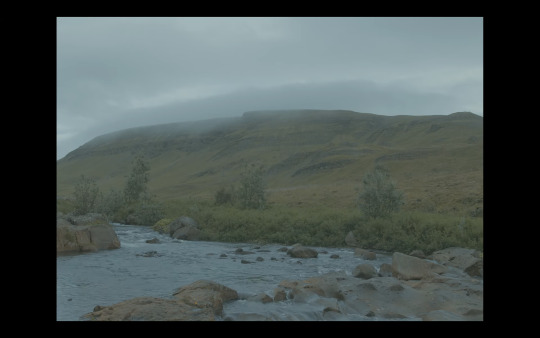
Icelandic Authors on Icelandic Literature, dir. Einar Egilsson (2020); Part 3/3
#Icelandic Authors on Icelandic Literature#Einar Egilsson#Iceland#Icelandic#Icelandic authors#Icelandic literature#Inspired by Iceland#Ísland#íslenskur
0 notes
Text
First 2024 Paranormal-Scope
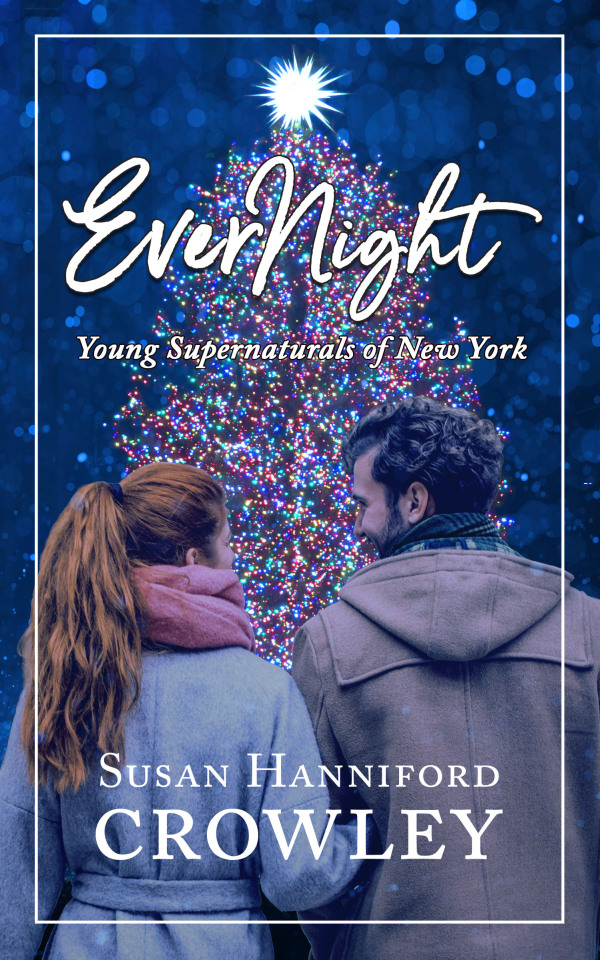
View On WordPress
#A Blood Moon Lunar Eclipse Paranormal-Scope#A Haunted Paranormal-Scope#A Hidden World Paranormal-Scope#A VAMPIRE FOR CHRISTMAS#Almost Halloween Paranormal-Scope#Amazon Kindle Bestselling Author of Vampire Romance#Arnhem Knights of New York series#Autumn Winds Blow Paranormal-Scope#Bleak December Paranormal-Scope#Dark Days December Paranormal-Scope#EverNight#EverNight: Young Supernaturals of New York#EverWarm#First 2024 Paranormal-Scope#First Snow Paranormal-Scope#Fun#horoscope#Iceland Dreaming Paranormal-Scope#Lady Fallon&039;s Dragons#Mrs. Bright&039;s Tea Room#November Unicorns Paranormal-Scope#paranormal romance#paranormal-creatures#Paranormal-Scope#Please#Poseidon&039;s Catch#Scottish Paranormal-Scope#Stormy November Paranormal-Scope#Susan Hanniford Crowley#THE STORMY LOVE LIFE OF LAURA CORDELAIS
0 notes